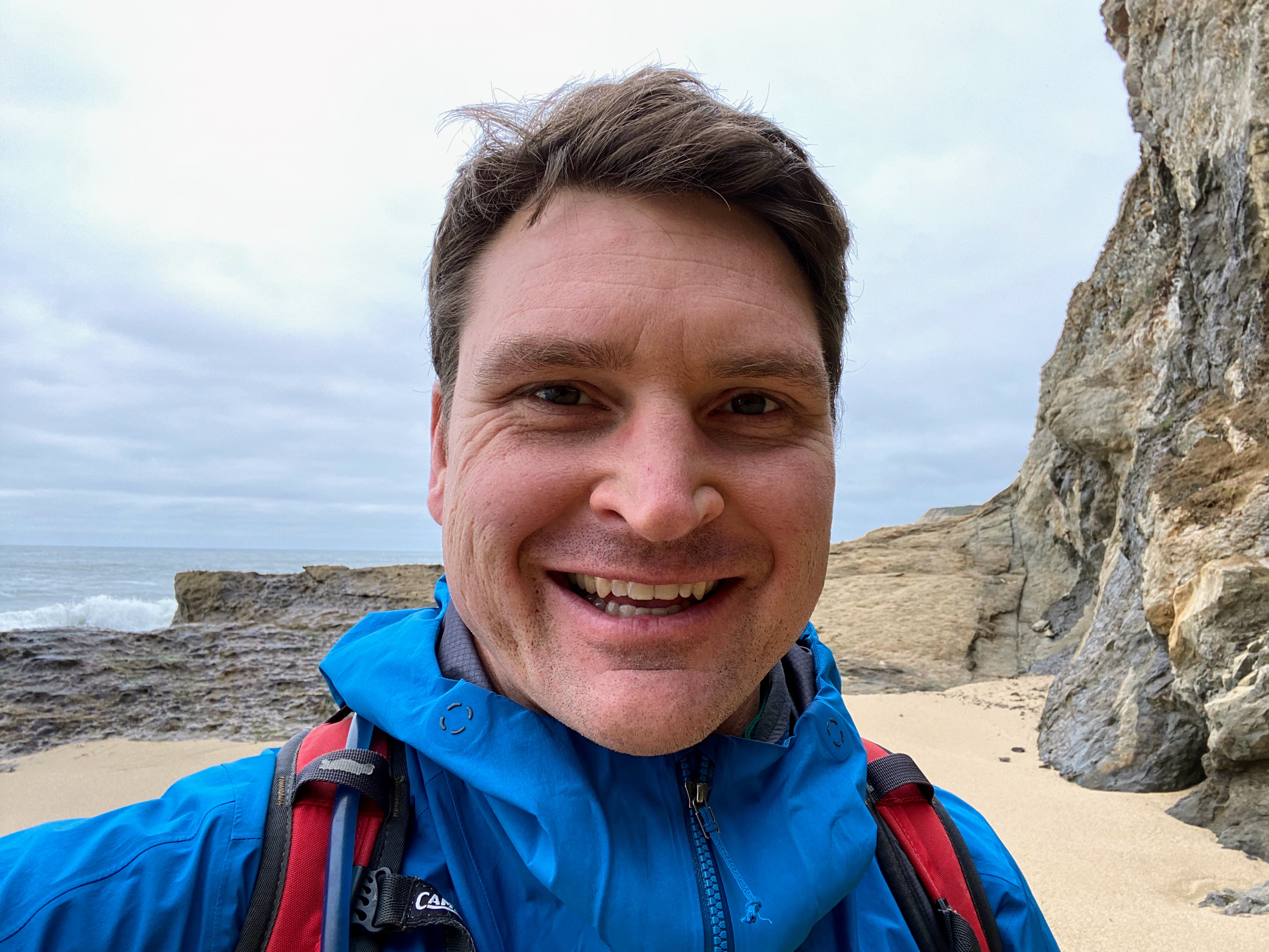Be Part of UConn’s Award Winning Halloween Event
Every year, the Office of Sustainability hosts a haunted trail walk at the Hillside Environmental Education Park (HEEP), which is located behind the Innovation Partnership Building. This year, the Haunted HEEP will be held on Wednesday October 23rd. We are looking for volunteers from clubs, organizations and UConn departments to lead different scare stations along the trail. This is a great opportunity to have fun with your friends, get service hours, and promote your organization! Last year, over 700 students attended this event, and we are anticipating breaking 1,000 this year! Any group that sponsors a station will have their logo featured on all promotional materials and correspondence!
Each group will invent or be assigned a scare station (some example scenes from the past are IT Clown, exorcism, forest ritual, and haunted circus). Your group must show up at 5:30 p.m. on October 23rd, but you can set up your scene earlier if needed. Please have 2-15 people in your group. Dinner is provided, as is a limited edition Haunted HEEP t-shirt.
We also ask that at least one representative from each club attend one of our trail walkthrough dates so that they understand the set up of the trail and how the event will work. These dates are Saturday October 19, 12-1 p.m. OR Tuesday October 22, 3-4 p.m. Please indicate on the form for which of these dates you will have a representative from your club participating in the trail walkthrough.
The rain date for Haunted HEEP is Thursday October 24th. Please feel free to reach out if you have any questions! We have up to 25 potential stations, so this is on a first-come, first-serve basis! We’d love to see your club at one of UConn’s scariest and most well-attended events.
THE DETAILS
- Wednesday Oct. 23 (rain date Oct. 24)
- Volunteer from 5:30pm to 10pm
- AND a representative from your group must do a trail walk through on Saturday October 19 12-1 p.m. OR Tuesday October 22 3-4 p.m.
- Free dinner and limited edition Haunted HEEP t shirt

 stainability issues like environmental justice, agriculture, energy or more? Does your club want to be more involved? Let’s connect!
stainability issues like environmental justice, agriculture, energy or more? Does your club want to be more involved? Let’s connect! As director, Joe Fullerton will work with senior UConn administrators, students, faculty members and staff members to set and achieve sustainability goals for the university in areas like; climate action and resilience, energy and buildings, waste reduction and diversion, water resources, food and dining, grounds, purchasing, transportation, open space and natural resource stewardship and the intersection of these issues with environmental and social justice. The Office of Sustainability (OS) develops outreach and engagement programs that feature experiential learning to raise awareness and improve performance around sustainable practices and behaviors related to campus life and beyond.
As director, Joe Fullerton will work with senior UConn administrators, students, faculty members and staff members to set and achieve sustainability goals for the university in areas like; climate action and resilience, energy and buildings, waste reduction and diversion, water resources, food and dining, grounds, purchasing, transportation, open space and natural resource stewardship and the intersection of these issues with environmental and social justice. The Office of Sustainability (OS) develops outreach and engagement programs that feature experiential learning to raise awareness and improve performance around sustainable practices and behaviors related to campus life and beyond.